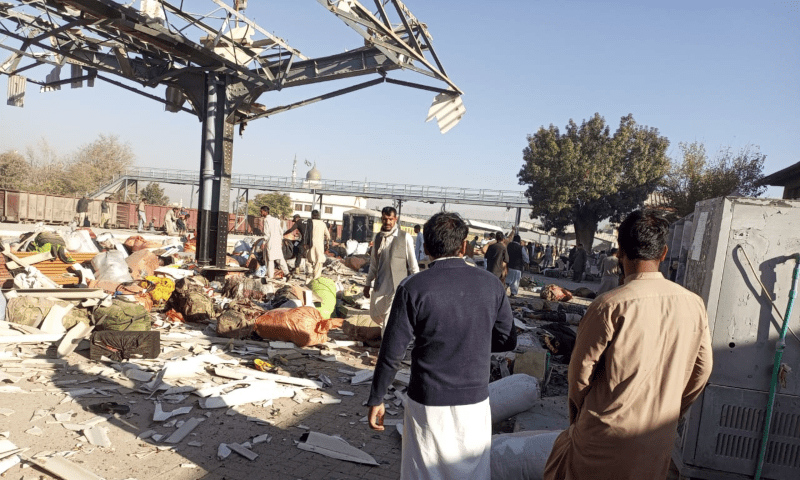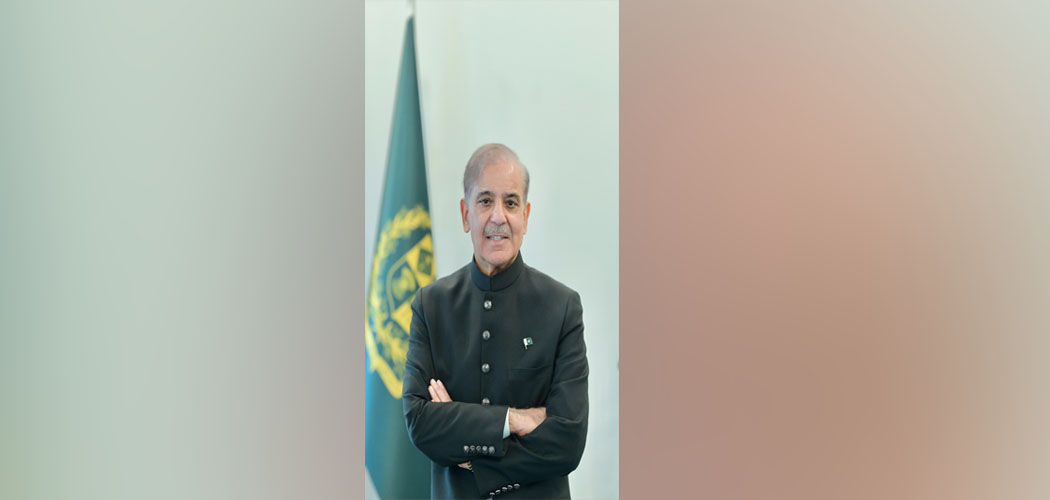Pakistan Reaches Staff-Level Agreement with IMF for $3 Billion Funding Amidst Economic Crisis

Islamabad —- Pakistan, facing its worst economic crisis since gaining independence from Britain in 1947, has successfully reached a staff-level agreement with the International Monetary Fund (IMF) for $3 billion of funding. The deal, subject to approval by the IMF’s board, comes after an eight-month delay and aims to provide crucial financial support to the crisis-hit South Asian nation.
To secure the agreement, Pakistan’s central bank took the extraordinary step of raising its main interest rate to a record high of 22% on Monday. The Pakistani economy has been grappling with years of financial mismanagement, exacerbated by a global energy crisis and devastating floods that struck the country last year.
Nathan Porter, the IMF’s mission chief for Pakistan, acknowledged the multiple external shocks that have hit the economy, including catastrophic floods and a spike in international commodity prices following Russia’s conflict in Ukraine. Porter also attributed economic stagnation to policy missteps. As a result, economic growth has stalled, underscoring the urgency of the funding agreement.
Once the deal is approved at the staff level, it will be presented to the IMF’s Executive Board for consideration in the coming weeks. If granted, the funding would provide Pakistan with much-needed breathing room to address its pressing economic challenges.
Commenting on the agreement, Michael Kugelman from the US-based Wilson Center think tank stated, “This deal gives Pakistan the economic breathing room that it so badly needs.” However, Kugelman raised concerns about whether Pakistan can transition from immediate relief to a long-term recovery, emphasizing the importance of leveraging the IMF deal effectively.
Katrina Ell, a senior economist at Moody’s Analytics, highlighted the obstacles Pakistan faces, including high inflation, limited foreign reserves, and a lack of macroeconomic stability. She noted that overcoming these challenges requires time and sustained fiscal discipline.
The $3 billion funding, allocated over nine months, exceeds initial expectations. Pakistan had been awaiting the release of the remaining $2.5 billion from a $6.5 billion bailout package agreed upon in 2019, which expired on Friday.
Pakistan’s foreign exchange reserves dwindled to a level covering less than three weeks of imports this year. Additionally, political unrest, exemplified by clashes between supporters of former Prime Minister Imran Khan and the police, has further shaken financial markets. Khan’s arrest on corruption charges in May, which was later deemed illegal by the country’s Supreme Court, added to the political turmoil.
The Pakistan rupee has also experienced a significant depreciation of approximately 40% against the US dollar over the past year.
In a separate development, global donors have pledged over $9 billion to aid Pakistan’s recovery from the devastating floods that ravaged the country in 2022. Although it falls short of the estimated $16 billion needed for complete recovery, the pledged funds will contribute to rebuilding efforts and support affected communities.



















Facebook Comments